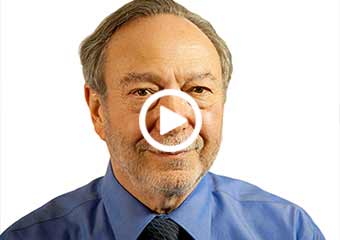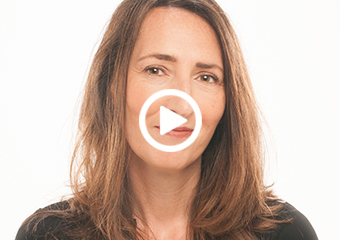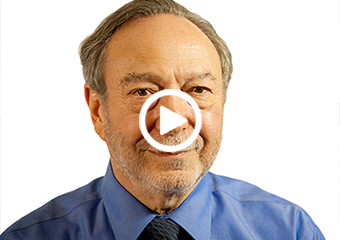The pain from trauma runs deep, and its impact lingers in both the brain and body. And so often, people who have experienced trauma are embarrassed by their body’s response to the event – the way it shut down on them when they needed protection most. But in the video below, Stephen Porges, PhD explains […]
What Is Post-Traumatic Growth?
Trauma changes people. And for someone who just wants life to return to “the way it was,” this can be difficult to accept. But in some cases, people have not only been able to bounce back following trauma, they’ve also been able to experience growth. In the video below, researcher and author Sonja Lyubomirsky, PhD […]
Polyvagal Theory in Action – How Heart Rate Figures Into Trauma Treatments
How can the body become a resource for a patient who’s experienced trauma? Polyvagal Theory helps us answer this question by explaining how people process their environment and how the body regulates itself in the face of stress and trauma. Watch the video below as Stephen Porges, PhD shares one way to apply Polyvagal Theory […]
Self-Compassion: The Secret to Reducing PTSD Symptoms?
One thing that can frequently increase the suffering of many patients with PTSD is shame. Even worse, shame can limit a patient’s treatment – even if they objectively know that there’s nothing to be ashamed of. But is there a way to trade self-judgment for self-compassion? And would that reduce a client’s symptoms? Asle Hoffart, […]
Helping Trauma Patients Shed Feelings of Shame
For someone who’s experienced trauma, feelings of shame often remain long after the painful event. So how can practitioners help clients begin to reclaim a sense of self-worth? Kerstin Jung, PhD and Regina Steil, PsyD, at Goethe University Frankfurt, in Frankfurt, Germany, wanted to find out whether Cognitive Restructuring and Imagery Modification (CRIM) could empower […]




